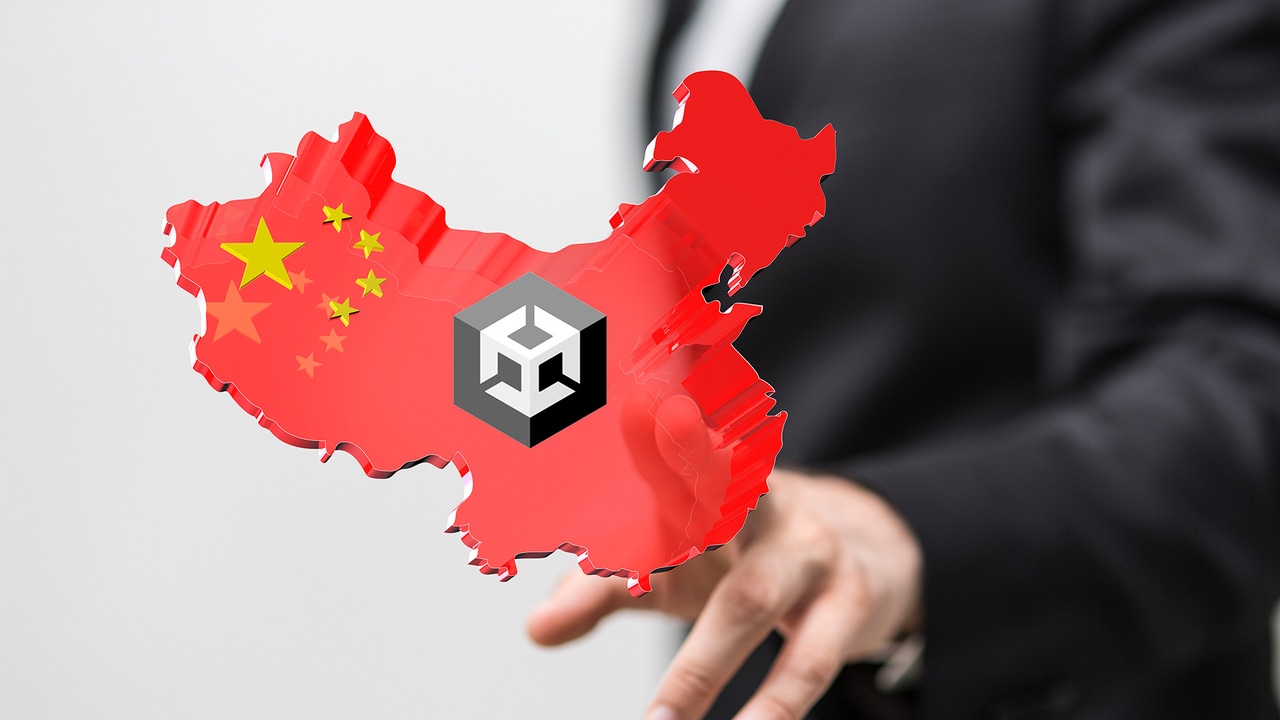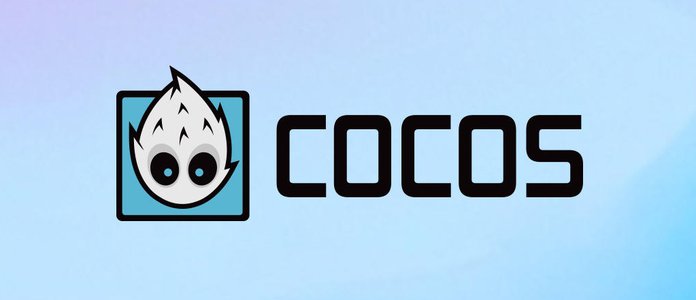
Image via Adobe Stock/Unity.
As of April 7, 2025, game developers in China, Hong Kong, and Macau no longer have access to Unity 6. Unity announced this decision in a post on the Unity China blog, stating that the Chinese version of Unity (referred to as "Unity Engine") will be the primary development tool offered in the region going forward.
Was the Chinese version of Unity 6 taken offline because of the 245 percent tariffs imposed on China by the Trump administration? According to Unity, the answer is "no." In a statement to Game Developer, a Unity spokesperson said that the decision to remove access to Unity 6 in the region is "part of the long-term plan that led to the creation of a China joint venture in 2022—it's not tied to current global tariff issues."
The company stated the Chinese version of Unity "better meets Chinese developers' needs." Developers in China, Hong Kong, and Macau working on Unity 2022 LTS and earlier versions of the engine will continue to receive support from the company.
The Chinese version of Unity is meant to serve a unique market
The announcement by Unity's China entity offers a little more context for how the Chinese version of Unity differs from the one used around the globe. According to a version of the post viewed through Google Translate, the engine has "demonstrated excellent localized service capabilities in the fields of small game solutions, OpenHarmony solutions, HMI car solutions, etc., which can accurately meet the needs of the Chinese market and customers."
"Projects created based on the Unity engine can continue to be released globally without being affected," added Unity China.
"OpenHarmony solutions" refers to OpenHarmony, an open-source operating system that can interface with Huawei's HarmonyOS operating system. Meanwhile, according to technology consultancy Star, Chinese drivers are increasingly purchasing cars with built-in HMI (human machine interface) connectivity. Dedicated support for both of these features allows Unity developers in the region to more easily target platforms that aren't as widespread in other territories.
The post backs up the claim from Unity HQ that the removal of Unity 6 in China is part of a grander business plan focusing on Chinese devices, and is part of the planned "stability" promised by new CEO Matthew Bromberg as the company finds its footing in a post-layoff, post-runtime fee world.
But if you aren't one of those developers—and you were counting on Unity 6 to be your dedicated platform for the next few years of development—you might be frustrated to see a key tool taken away from you.



































